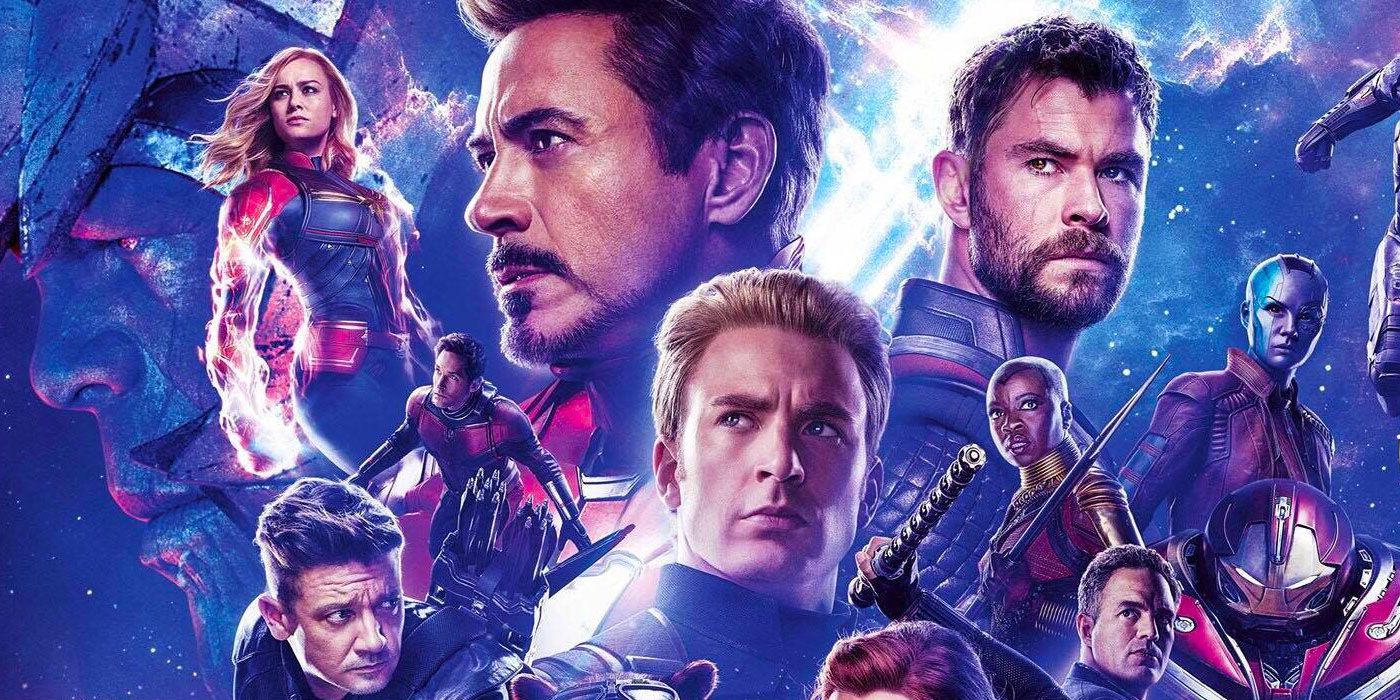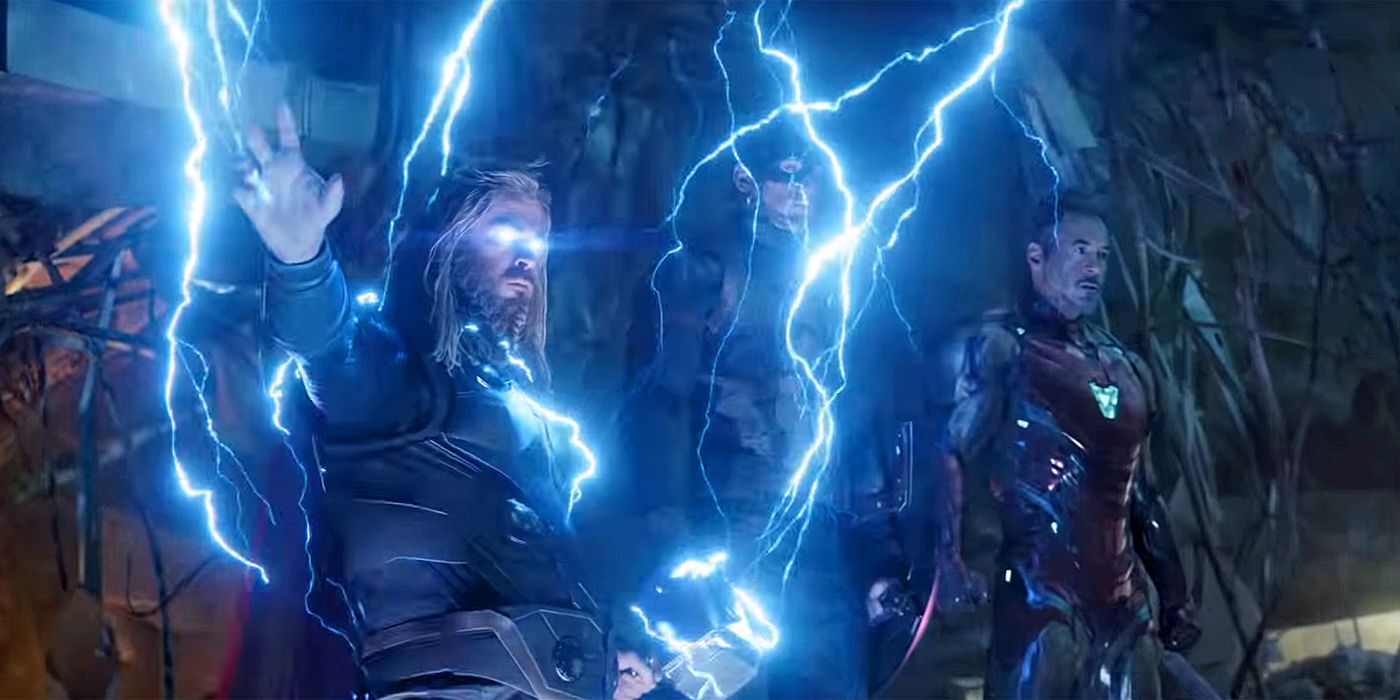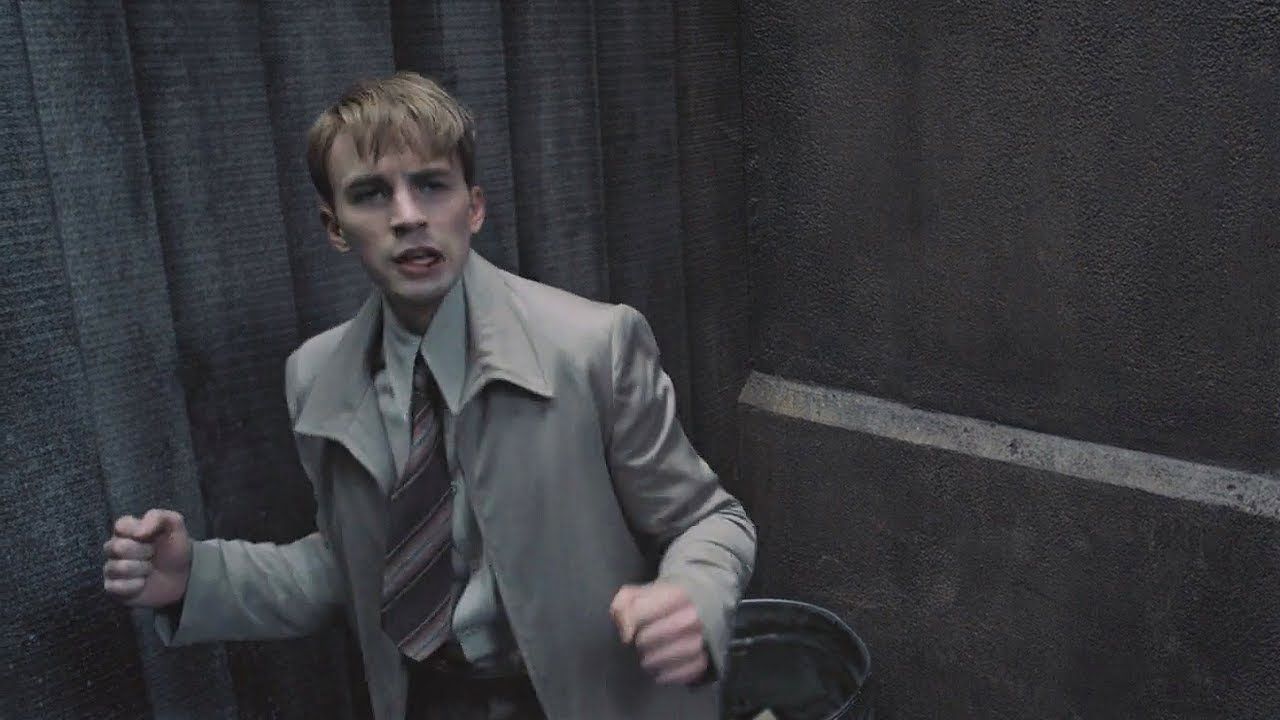WARNING: The following article contains spoilers for Avengers: Endgame, in theaters now.
Avengers: Endgame has some genuinely funny moments, and does its best to address the trauma experienced by those left behind following Thanos' Decimation in Infinity War. However, one of the film's most prominent representations of that trauma is also its most problematic. Understandably depressed after the loss of Asgard, his family and his friends, Thor is revealed to have gained weight during five years spent in relative isolation. That results in actor Chris Hemsworth wearing a fat suit for most of Endgame.
There are a lot of reasons fat suits are problematic, but let's ignore the intrinsic issues with those prosthetics/CGI alterations in favor of examining how Endgame uses Thor's weight gain in a way that hurts the movie.
Thor's Weight is a Bad Joke
Endgame uses Thor's weight to make lazy jokes that punch down at those already stigmatized for the shape of their bodies. These jokes come in the form of retorts, and the way different shots emphasize the god of thunder's weight gain for comedic effect. However, there are two interactions worth addressing specifically.
In the first, Thor travels back in time with Rocket Raccoon to get the Reality Stone, and encounters his mother, Frigga, on the day she dies. After a touching conversation that helps Thor to better understand his place in the world following his many failures, they say goodbye, marking the final time the god of thunder will speak to his mother.
However, before Thor goes, Frigga suggests he eat a salad.
For myself and other theatergoers who are, or have been, fat, it's reminiscent of times when well-meaning family members suggested, without solicitation, diet changes. There's an implicit message in these sorts of statements that the solution to a perceived weight problem is simple and, regardless of how someone feels about themselves, they must change. Although it's certainly a motherly thing to say, Frigga's choice of words casts Thor's weight as aberrant, which undermines the supportive and empowering tone she's trying to take.
The second interaction comes toward the end of the film. Thor volunteers to use the Infinity Gauntlet to reverse the snap, and his friends -- knowing it might prove deadly -- talk him out doing so. The god of thunder asks if they know what flows through his veins. Rhodey responds, "Cheez Whiz?"
Rhodey insults Thor and undermines him to keep him from using the Infinity Gauntlet, which isn't a healthy way to address a conflict. Thor is still a capable fighter and valuable member of the team. But while the movie does examine his mental state, the jokes about his weight -- and implicitly linking that to his ability -- undercuts Endgame's feigned attempt to empower the traumatized hero. The fat joke here is meant to cut the tension, but it instead reinforces that Thor will remain the butt of jokes until he addresses his weight.
Other characters throughout are met with compassion as they come to terms with loss and their failure. However, Thor's issues affect his physical state. He's no longer the masculine ideal associated with superhero physiques, and he's mocked for that. The message Endgame sends overall is one about the importance of processing trauma, but it does so while reinforcing toxic and problematic body standards.
Body Image and Superhero Movies
Negative body image is an issue for a lot of men and can lead to mental health problems. Media absolutely has an effect on the way men understand their bodies, especially when the most popular films at the box office right now feature actors who have spent a lot of time and money getting into shape for well-paying roles. Men are inundated with images of hyper-masculine actors, and it's difficult for many not to feel like they themselves lack something for not meeting a nearly impossible standard.
However, there's an inspirational quality about superhero films; superheroes reflect the best versions of ourselves. Although that notion is definitely problematic when it comes to physicality and the cultural hang-ups surrounding bodies, some of my favorite superhero movies have been those that have imbued me with a sense of hope that my body isn't all that matters.
Steve Rogers, for example, isn't chosen to become Captain America because he's the biggest, strongest guy in the Army. No, he's a scrawny kid. Instead, Rogers becomes a candidate for the Super-Soldier Serum because he's brave and selfless, tying his heroism to more than his physicality. If superhero films are meant to give me something to aspire to, Captain America: The First Avenger tells me to be a good person and fight for what's right.
Endgame, in contrast, tells me to lose some weight. One of the most common arguments about superhero movies is that they're escapism designed to let viewers leave behind real life and its baggage for just a few hours. However, as someone who has struggled with body-image issues, I can't experience Endgame that way. Hearing those close to Thor judge him and mock his body tells me that my weight is a target for others to dunk on, or else warrants unsolicited advice and judgment. The very real problems and frustrations I face in my day-to-day life confront me when I watch the film, especially when I hear people laughing at those jokes and mocking Thor's body.
Now, there's value in a film helping someone confront and work through issues, but Endgame doesn't provide a space to do that. The movie lacks a moment in which Thor -- or anyone -- calls out those hurtful jokes. Instead, Endgame allows those barbs to pass unexamined, which has the effect of implicitly condoning them. That reinforces fatphobic ideas and rhetoric that casts the bodies of those who don't meet a nearly impossible standard as worthy of derision. Directors Joe and Anthony Russo had a major platform with which to address weight-related stigma, and they opted for an easy laugh that doesn't help those who still don't understand why fat jokes and fat suits are inappropriate confront and work through their issues with the bodies of others.
Marvel Studios President Kevin Feige says body-positive heroes and those with more diverse bodies are coming to the MCU. The studio should absolutely bring people with a bunch of different bodies into the fold, but fans looking to see characters that look like them on the big screen shouldn't have to deal with jokes casting them as defective. A superhero should empower others to be the best version of themselves, but the choice to put Thor in a fat suit for comic relief doesn't empower me; it reminds me I'm the butt of the joke.
Directed by Joe and Anthony Russo, Avengers: Endgame stars Robert Downey Jr. as Iron Man, Chris Evans as Captain America, Mark Ruffalo as Bruce Banner, Chris Hemsworth as Thor, Scarlett Johansson as Black Widow, Jeremy Renner as Hawkeye, Brie Larson as Captain Marvel, Paul Rudd as Ant-Man, Don Cheadle as War Machine, Karen Gillan as Nebula, Danai Gurira as Okoye and Bradley Cooper as Rocket, with Gwyneth Paltrow Pepper Potts, Jon Favreau as Happy Hogan, Benedict Wong as Wong, Tessa Thompson as Valkyrie and Josh Brolin as Thanos. The film is in theaters now.



